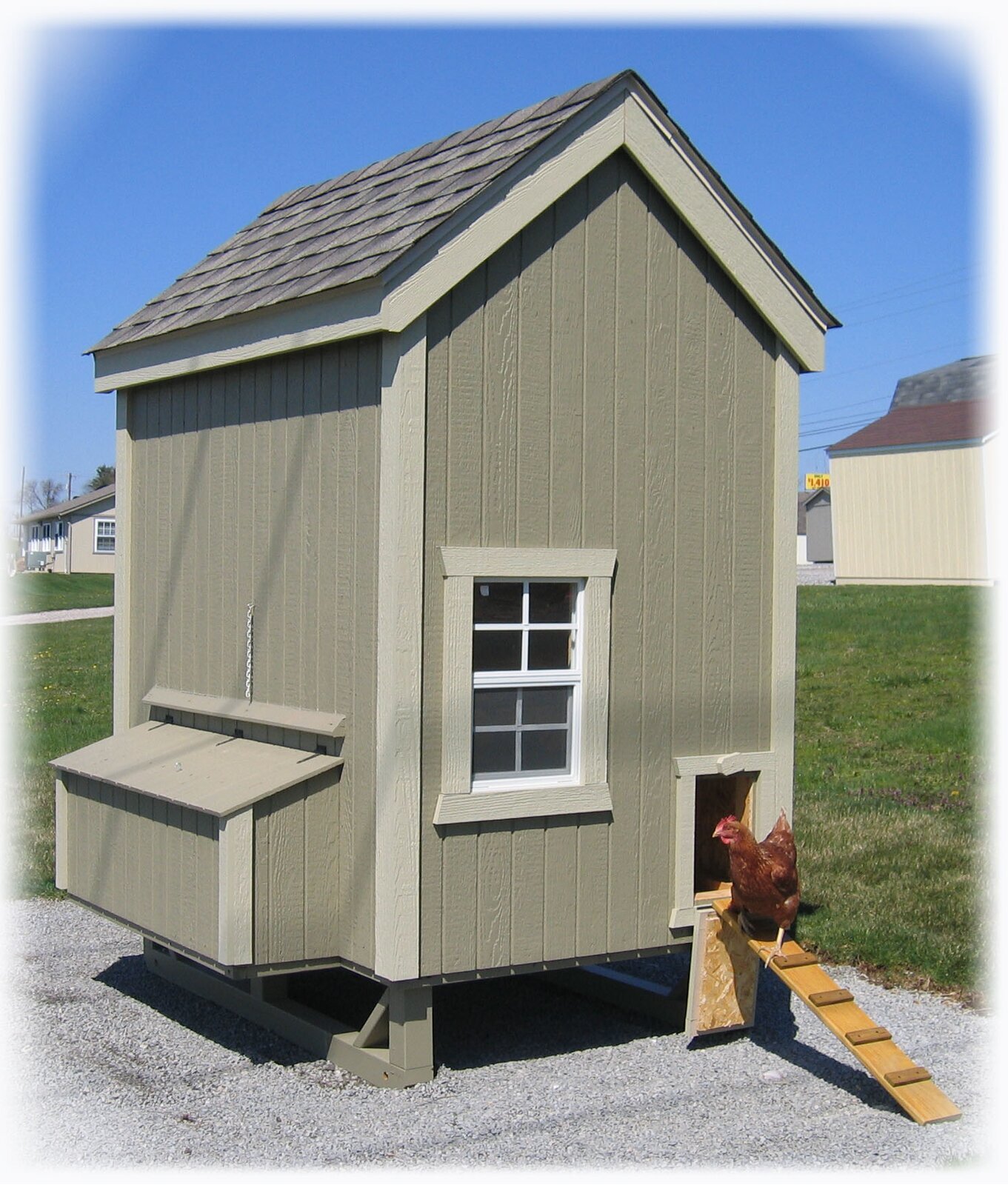Cluckin' Awesome: Your Ultimate Guide to the Perfect Chicken Coop!
If you're thinking about raising chickens, one of the most crucial steps is finding the perfect chicken coop. A well-designed coop not only provides a safe and comfortable environment for your feathered friends but also makes your life as a chicken keeper much easier. Whether you’re a novice or a seasoned poultry enthusiast, understanding what makes a great chicken coop is essential for keeping your flock healthy and happy.
In this guide, we will explore everything you need to know about selecting and building an ideal chicken coop. From size and ventilation to materials and security features, we will cover the key elements that ensure your chickens thrive. So grab a cup of coffee, and let's dive into the world of chicken coops, where your journey to happy clucking begins.
Essential Features for Your Chicken Coop
When selecting a chicken coop, the first consideration should be space. Each chicken requires a minimum of four square feet of indoor space and eight to ten square feet in an outdoor run. Ensuring that your coop is large enough to accommodate your flock comfortably is crucial for their health and happiness. Overcrowding can lead to stress and aggressive behavior among the chickens, so planning for the right size should be your starting point.
Ventilation is another vital feature for any chicken coop. Proper airflow helps to regulate the temperature and minimize humidity, preventing the buildup of harmful ammonia from droppings. Look for coops with adjustable vents or windows that can be opened during warmer months and closed during colder weather. Good ventilation not only keeps your chickens comfortable but also promotes a clean and healthy environment.
Finally, consider the security of your chicken coop. Predators such as raccoons, foxes, and hawks pose a significant threat to backyard chickens. A secure coop should have strong locks on doors, solid construction materials, and an enclosed run to protect the chickens from potential dangers. Ensuring that your coop is predator-proof gives you peace of mind, allowing your flock to roam freely and safely.
Choosing the Right Location
Selecting the ideal spot for your chicken coop is crucial to ensuring the well-being of your flock. Look for a location that is sheltered from harsh weather conditions, such as strong winds and heavy rain. Ideally, the coop should be situated in a dry area, as excess moisture can lead to health issues for your chickens. Take into account how sunlight will hit the coop throughout the day, providing both warmth and a natural light source.
Additionally, it's important to consider the distance from your home. The chicken coop should be easily accessible for daily tasks such as feeding, cleaning, and egg collection. ferrantinet.es that's too far away may lead to neglect in maintenance, impacting the health of your chickens. At the same time, you want to ensure that the coop is not too close to your living spaces to avoid odors and noise that can be distracting.
Finally, keep in mind the surrounding environment. Make sure there are no nearby predators, such as raccoons or dogs, that could pose a threat to your flock. A location that is fenced or has natural barriers can provide added security. Be mindful of local regulations regarding keeping chickens in your area as well, which may dictate where you can place your coop. Through careful consideration of these factors, you can choose a location that promotes a safe and healthy environment for your chickens.
Maintenance Tips for Longevity

To ensure your chicken coop remains in great condition, regular cleaning is essential. Remove old bedding and waste to prevent the build-up of bacteria and pests. Aim to clean the coop at least once a week, and perform a deeper clean every few months. Scrubbing surfaces with a mild detergent can help eliminate any lingering odors and keep your chickens healthy.
Inspect the coop routinely for signs of wear and tear. Check for any loose boards, broken latches, or damaged roofing. Addressing these issues promptly can prevent larger repairs down the line and keep your chickens secure from predators. A little proactive maintenance goes a long way in prolonging the life of your chicken coop.
Ventilation is another key factor in maintaining your coop. Proper airflow helps reduce moisture and keeps the environment comfortable for your chickens. Ensure that vents are not blocked and consider installing adjustable vents that can be opened or closed as needed. This will help create a healthy atmosphere, contributing to the overall longevity of your coop.